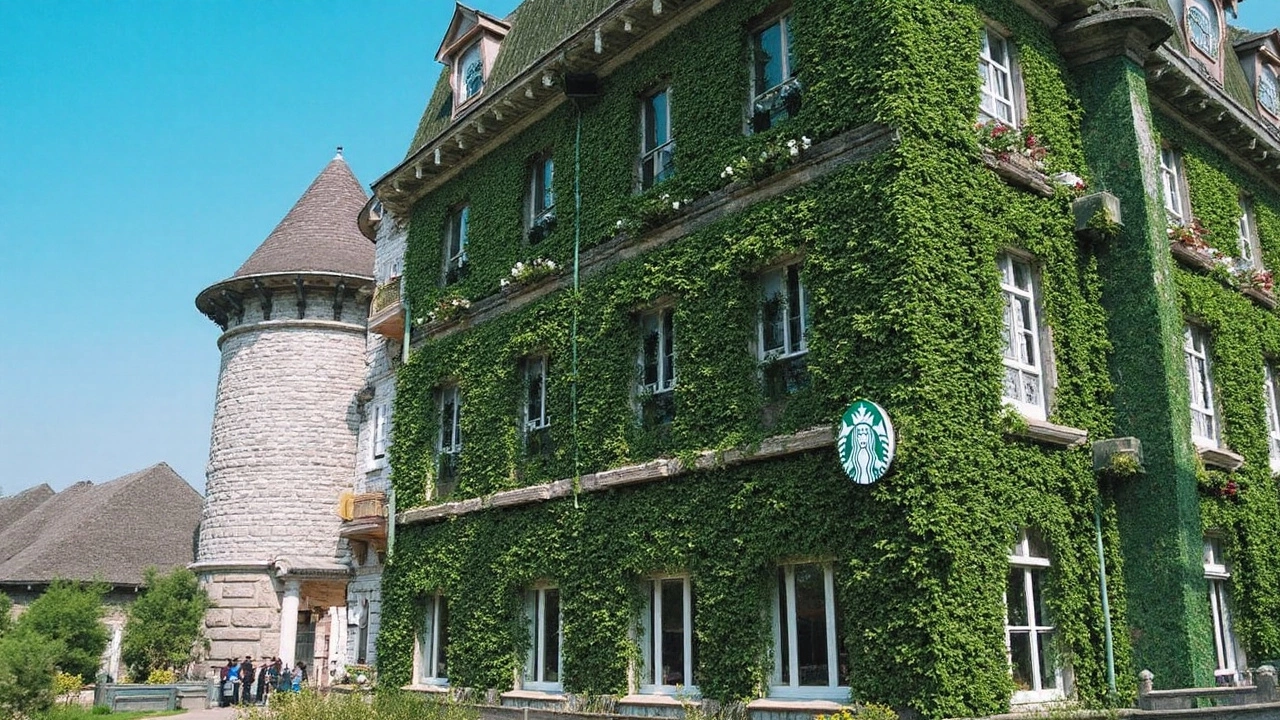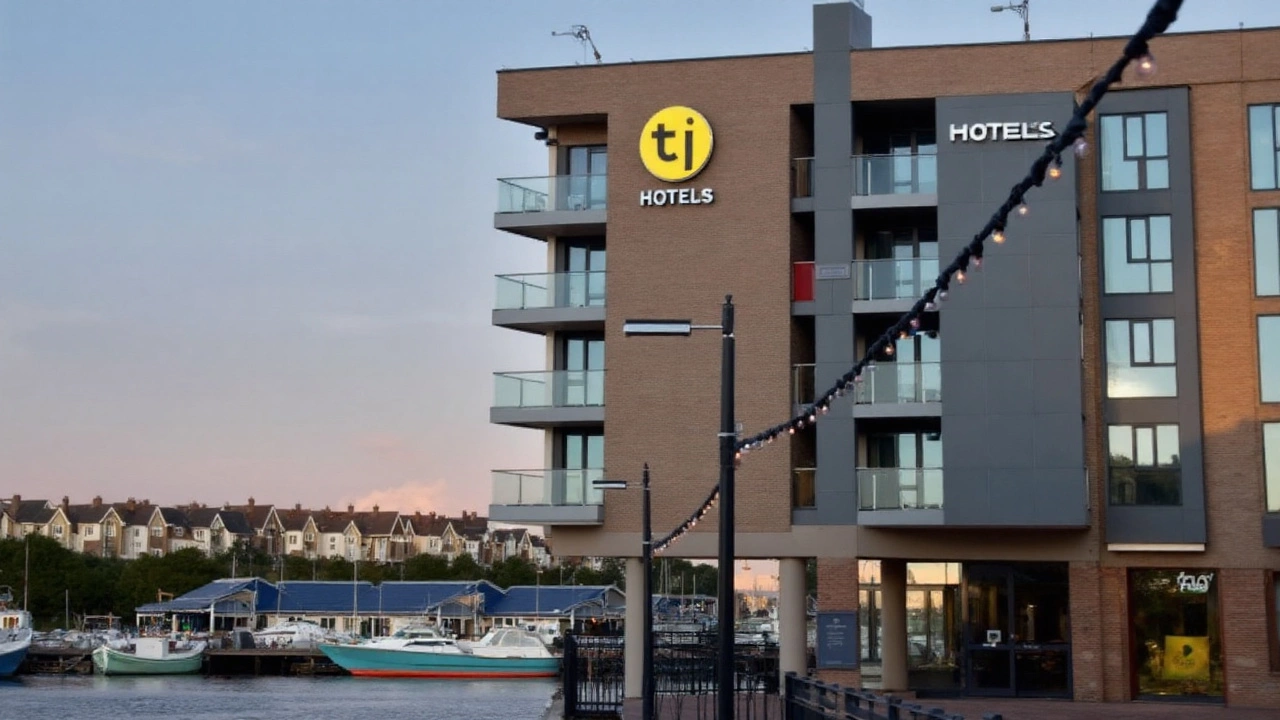Why Wales’ harbour stays punch above their weight
Wales has 870 miles of coastline, and a lot of it is stitched together by small, working harbours. That’s where the best-value stays often hide in plain sight: unfussy rooms, a view of moored boats, and menus built around the morning’s catch. If you’re hunting a Wales harbour hotel that won’t wreck your budget, the trick is timing and picking towns where the fishing still shapes what’s on the plate.
Anglesey, Ceredigion, Pembrokeshire, and the Gower each have their own rhythm. In summer, mackerel and pollack landings make simple grills and fish tacos pop up on menus. Through spring and autumn, you’ll see pot-caught crab and lobster along the west coast, and in colder months, rich chowders and smoked fish plates take over. Mussels from the Menai Strait are a local staple, and several harbours still host small day boats rather than big industrial fleets.
Prices move with the seasons. Outside school holidays, smaller harbour hotels often drop rates midweek and bundle dinner into room deals. Weekends in July and August? Expect a spike, and a two-night minimum isn’t unusual. Bookings turn friendlier on the wallet from late September to mid-November and again from March to April, before Easter crowds arrive. If you’re flexible, calling the hotel can beat third-party rates, especially for rooms without sea views that sell slower.
So what actually makes a harbour place stand out? Short menus that change with the weather, a clear nod to which boat or bay the fish came from, and staff who can tell you when the tide turns. You’re paying for proximity to the source and a kitchen that won’t overcomplicate good fish. That’s the sweet spot between value and quality.

How to find an affordable gem—and eat well when you get there
Anglesey: Cemaes Bay is a good example of a small harbour built for a slow weekend. The Harbour Hotel there sits by the quay, drawing walkers off the coastal path and locals after work. Expect straightforward rooms and pubby plates when the boats come in—crab sandwiches in season, fish-and-chips done with crisp batter, and the odd special when the weather plays nice. It’s not flashy, but that’s the point: rooms, a pint, and a sea breeze.
Ceredigion: Aberaeron’s Harbourmaster has long been a poster child for how a West Wales hotel can do things right—bold color outside, tidy rooms above, and a menu that pays attention to what’s landed along Cardigan Bay. It’s not the cheapest on the coast, but midweek stays outside peak season can be surprisingly sensible, especially if you like the idea of stepping from dinner to bed in under a minute.
Pembrokeshire and the Gower add more choices. Solva, Tenby, and Saundersfoot lean touristy in summer but settle into better value in shoulder months. On the Gower, cockles and laverbread show up as salty, comfort-food sides to grilled fish. In all these places, the same rule holds: fewer menu items, more likely it’s fresh.
Reading a menu tells you a lot. Look for mentions of the landing spot (Holyhead, New Quay, Milford Haven), the species (don’t just say “white fish”—say hake, pollack, or cod), and cooking that respects the fillet: pan-fried with lemon and capers, baked with herbs, or simply grilled. If you see a giant seafood platter listed every day of the year with imported items, it’s probably not the local hero you’re after.
When to go for value: aim for Sunday–Thursday outside school breaks. Book room-only if you plan to graze across town, or grab a dinner, bed and breakfast package if the in-house restaurant has a strong local track record—those bundles can trim 10–20% off what you’d spend piecing it together. Ask about cancellation releases; the best prices sometimes appear 72 hours out when someone drops a weekend stay.
What a fair price looks like: coastal doubles in small Welsh harbour towns commonly hover lower midweek and rise on Fridays and Saturdays. Rooms with harbour views cost more; rooms tucked at the back are friendlier on the wallet. Older buildings might have creaky floors and compact bathrooms—if that matters to you, ask for a refurbished room tier before you commit.
Getting there without a car is doable. For Aberaeron, trains run to Aberystwyth, then it’s a straightforward bus down the coast. For Anglesey harbours like Cemaes Bay, trains to Holyhead or Valley connect with local buses that track the coastline. If you’re driving, arrive before sunset—narrow harbour streets can be tight in the dark, and public car parks often switch to free after evening.
What to order when it’s fresh: in summer, try grilled mackerel with lemon and herbs, a crab roll on soft brioche, or beer-battered hake with tart, chunky tartare. In cooler months, go for celeriac-and-smoked-fish chowder or baked pollack with brown butter and capers. Mussels when the kitchen says they’re at their best; they’re quick, affordable, and perfect with a shoreline view.
Signs you’ve found the right kitchen: the specials board changes daily, the staff know which boat landed the fish, and sides are simple—buttered potatoes, greens, maybe samphire when tides are kind. You don’t need a tasting menu by the sea. You need heat, timing, and the right squeeze of citrus.
Quick checklist for booking smart:
- Travel in shoulder season: late September–November and March–April.
- Check direct-call rates and ask about midweek packages.
- Choose a back room to save money; you can still drink in the harbour view at dinner.
- Read recent menus or photos for species names, not vague “catch of the day.”
- Pack for the wind—even in July. A harbour breeze cuts late.
If the headline you saw promised an affordable harbour hotel with amazing seafood, that’s the model it’s pointing to. Wales does this quietly and well: small rooms, local boats, and kitchens that let good fish speak for itself. Pick your week, watch the tides, and you’ll get the view—and the plate—you came for.

Arlen Fitzpatrick
My name is Arlen Fitzpatrick, and I am a sports enthusiast with a passion for soccer. I have spent years studying the intricacies of the game, both as a player and a coach. My expertise in sports has allowed me to analyze matches and predict outcomes with great accuracy. As a writer, I enjoy sharing my knowledge and love for soccer with others, providing insights and engaging stories about the beautiful game. My ultimate goal is to inspire and educate soccer fans, helping them to deepen their understanding and appreciation for the sport.
view all postsWrite a comment